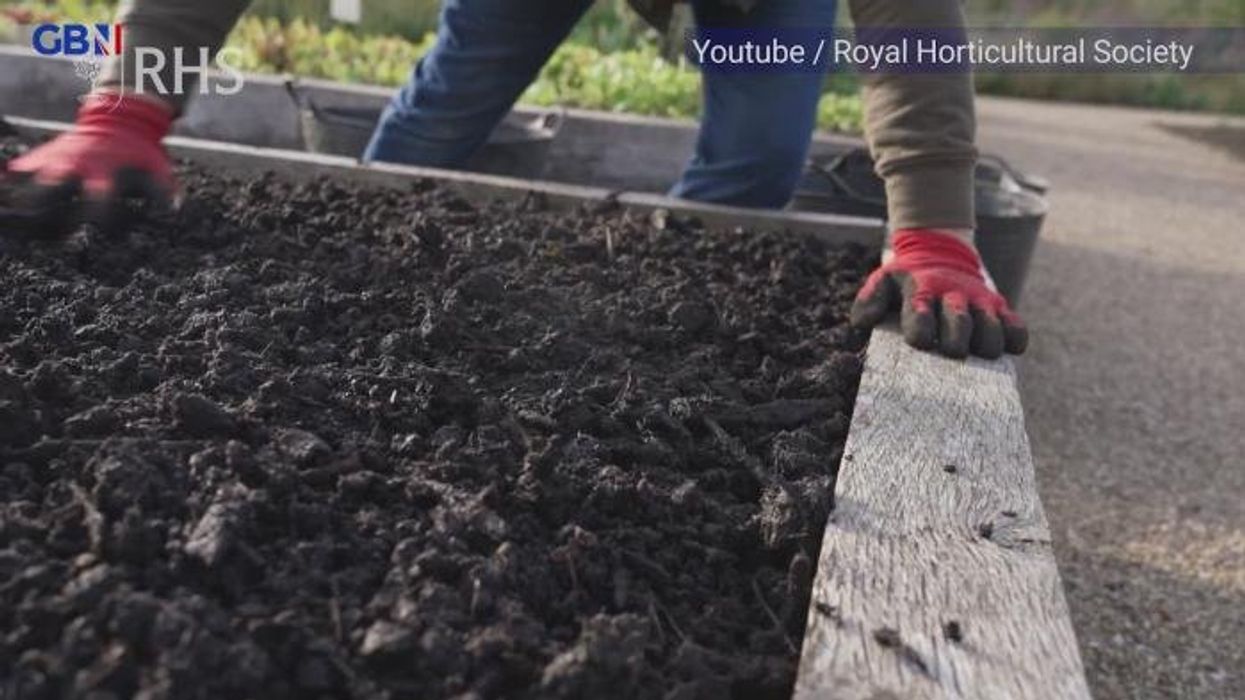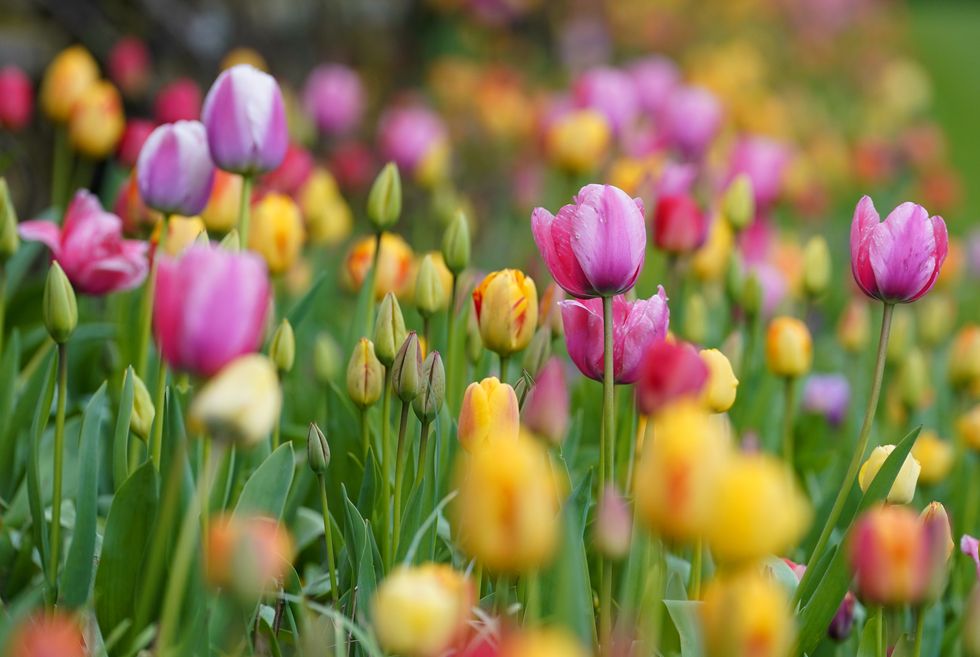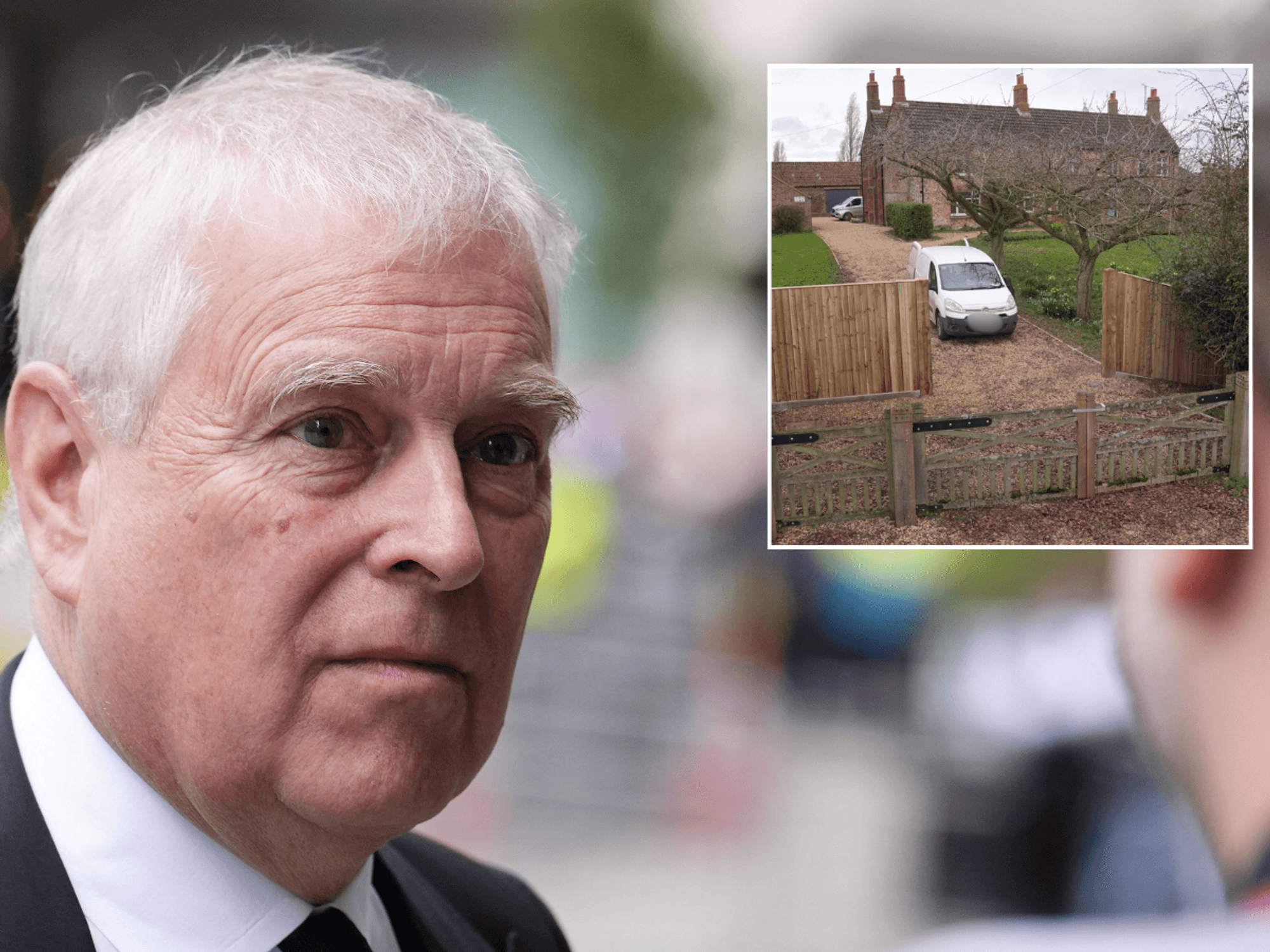Britons have just days to plant 'dazzling' flower or risk 'problem' virus, warns garden designer

Royal Horticultural Society shares gardening tips
|ROYAL HORTICULTURAL SOCIETY

There are several important gardening jobs to complete before the end of the month
Don't Miss
Most Read
The UK has experienced an extreme temperature shift. And gardeners across the country are doing all they can to protect and prepare their plants ahead of winter.
With just days until December, GB News spoke exclusively to garden designer Oliver Burgess about the key tasks Britons should tick off before the end of the month.
"Clearing and protecting are the priority gardening tasks for November," he said.
"Start by raking leaves from lawns, borders, and paths, then put them into bin bags to make leaf mould."
TRENDING
Stories
Videos
Your Say
The expert also advised gardening enthusiasts to cut their lawns short, trimming the edges neatly. Next, they should add mulch to plant beds when the soil is damp and cool.
During peak leaf-fall, gardeners should cover ponds with nets to keep leaves out of them and wrap outdoor taps to protect them from the cold.
Meanwhile, greenhouses should be insulated with bubble wrap and tender plants, such as citrus, sheltered.
In preparation for spring, Mr Burgess told gardeners to plant bare-root trees, as well as roses and hedges, "while the soil will still allow you to".

'Start by raking leaves from lawns, borders, and paths, then put them into bin bags to make leaf mould'
| GETTY"It's also the perfect time to plant tulips to reduce the risk of viruses," he advised.
The Royal Horticultural Society (RHS) warns there are at least 12 viruses that infect tulips, causing a range of symptoms, which manifest when the tulips have grown leaves in spring and early summer.
Affecting the "dazzling" flowers may be breaks (streaks of a different colour) in the flowers; brown, dead streaks in leaves and stems; mottled leaves; sunken brown spots, arcs or rings in the bulbs; or stunted growth.
LATEST GARDENING TIPS AND TRICKS

'It's the perfect time to plant tulips to reduce the risk of viruses'
| PAGardeners must also be aware of tulip fire, a fungal disease of tulips, which produces brown spots and twisted, withered, and distorted leaves. In the worst cases, plants may appear "scorched by fire". It can be a "significant problem", confirms the RHS.
Planting tulips in November rather than early autumn is important because the soil is colder, so the fungus is less likely to spread.
Beyond tulips, now is the time to plant garlic, autumn onions, and broad beans in free-draining soil if you have a kitchen garden.
Green-thumbed Britons were also advised to refresh winter containers with heathers, skimmia, and evergreen grasses, and/or cyclamen and trailing ivy.
"Only prune anything unsafe or that rocks with the wind; save major pruning for mid-winter or early spring, depending on the species," he added.
Offering a final warning to gardening fans, the gardening guru urged: "Don't overwater your pots or cut everything down to the ground.
"And never ignore drainage – if you see water pooling, fork through the surface and dress the top with grit or compost."
November gardening tasks all ticked off? Check here.
Our Standards: The GB News Editorial Charter










